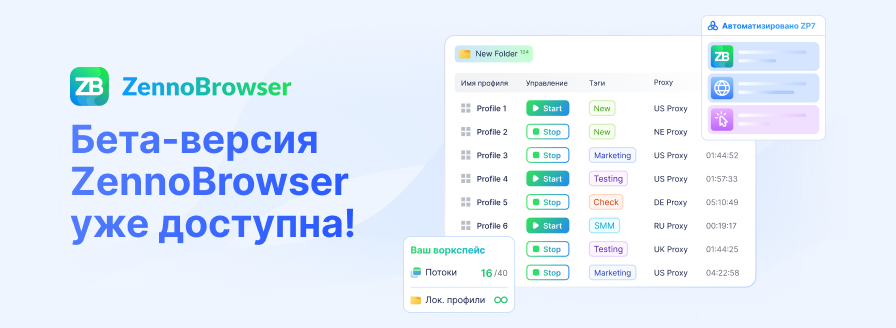In the ever-evolving landscape of white hat SEO, data accuracy and access to localized insights are critical. Whether you're tracking SERPs across regions, managing multiple accounts, or collecting competitive intelligence, having the right infrastructure in place can determine the success of your strategy.
One commonly overlooked yet essential component is the proxy network you rely on. Search engines are becoming increasingly sensitive to scraping behaviors, even if they're aligned with white hat best practices. Using unreliable proxies can lead to inaccurate data, frequent blocks, or even IP bans — all of which can derail your campaigns.
Personally, I’ve found that rotating residential proxies, particularly those that allow granular control over geo-targeting, provide the stability needed for safe and efficient SEO tasks. After experimenting with a few providers, I settled on Nsocks — mainly because of their large IP pool and consistent performance during region-specific rank tracking.
Of course, no proxy can replace solid content and sound technical SEO. But when your tools work in harmony with your strategy, things just move more smoothly.
Curious to hear if anyone else has proxy setups integrated into their SEO stack — what’s working for you?
One commonly overlooked yet essential component is the proxy network you rely on. Search engines are becoming increasingly sensitive to scraping behaviors, even if they're aligned with white hat best practices. Using unreliable proxies can lead to inaccurate data, frequent blocks, or even IP bans — all of which can derail your campaigns.
Personally, I’ve found that rotating residential proxies, particularly those that allow granular control over geo-targeting, provide the stability needed for safe and efficient SEO tasks. After experimenting with a few providers, I settled on Nsocks — mainly because of their large IP pool and consistent performance during region-specific rank tracking.
Of course, no proxy can replace solid content and sound technical SEO. But when your tools work in harmony with your strategy, things just move more smoothly.
Curious to hear if anyone else has proxy setups integrated into their SEO stack — what’s working for you?
